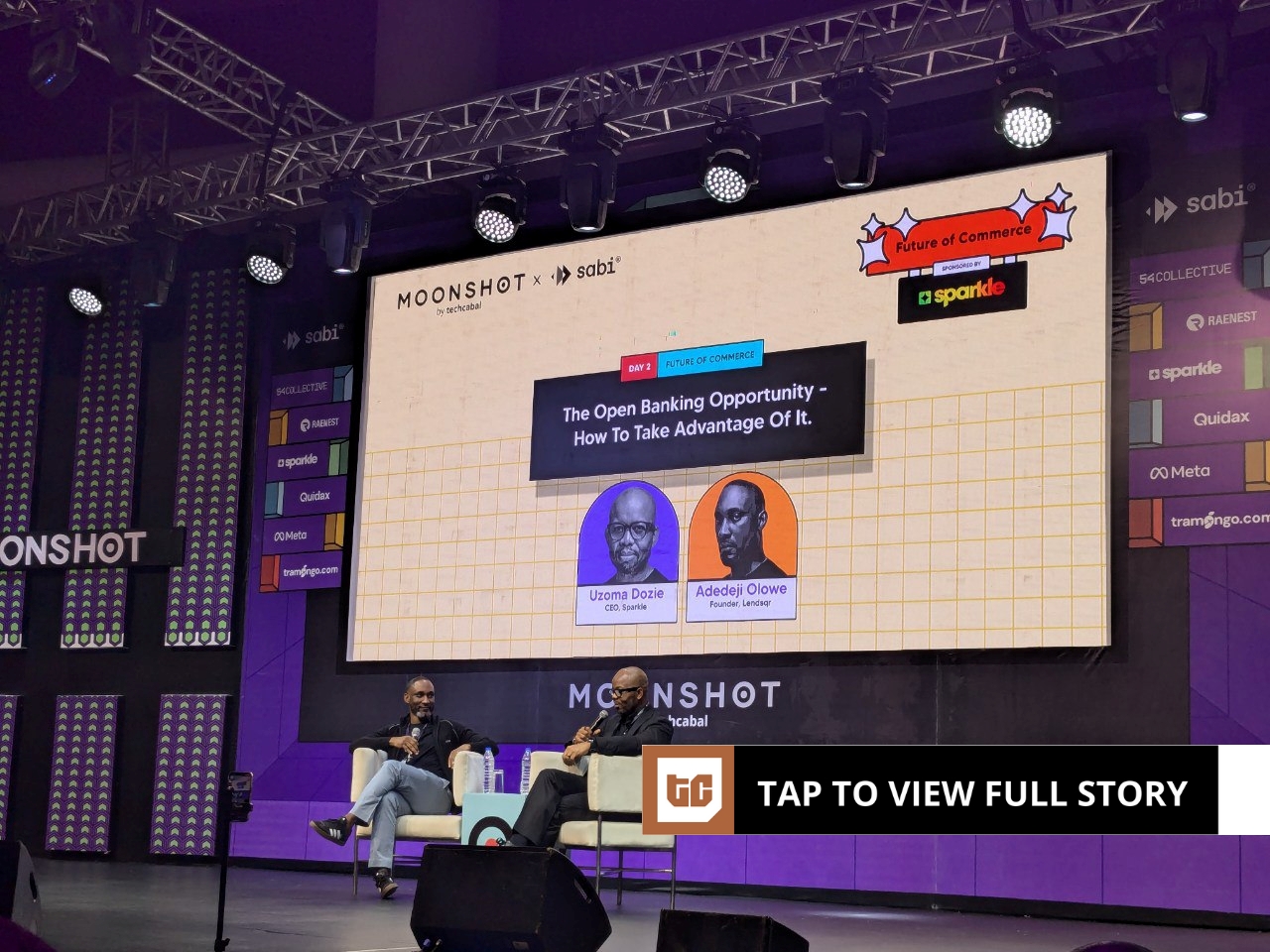The Central Bank of Nigeria (CBN) needs to give the green light for open banking to become operational in Nigeria, panelists at Moonshot by said on Thursday. Open banking in Nigeria was conceptualised in 2017 with strong backing from key players like Sterling Bank, Flutterwave, Paystack, and banking executives, the CBN’s approval is the missing piece in the puzzle.
“All we need is CBN to blow the whistle to open banking,” said Adedeji Olowe, founder and CEO of Lendsqr, in a fireside chat with Uzoma Dozie, CEO of Sparkle. In 2023, the CBN released the first draft of a regulatory framework for open banking.
Olowe, a Trustee of Open Banking Nigeria, admitted that developing systems, regulations, and syncing participating financial institutions and regulators have been challenging, contributing to why open banking is yet to kick off in Nigeria. Yet, it makes sense why open banking has picked up the pace in Nigeria over the last seven years; it has been tested in the U.K. as a tool to offer a level playing field for its leading lenders.
Besides being one of the first countries to implement open banking regulations, open banking is also guided by the General Data Protection Regulation (GDPR), which provides a robust legal framework for data protection to ensure that users have control over their personal information.
That same approach would be essential for Nigerians, especially groups accessing credit, said Dozie.
With open banking, banks and other financial institutions share customer data with third-party providers like fintechs. This would allow the development of innovative financial products and services that benefit consumers, such as cheaper loans and personalised budgeting tools.
It is particularly important to Lendsqr, a digital credit management startup that strongly believes that credit can be cheaper if lenders can access banking information through open banking.
“Lenders want to know if they will get their money back. Open banking will ensure that they know who they are giving their money to,” Olowe said, arguing that pricing risk in credit due to little access to information about borrowers makes lending expensive.
Both Dozie and Olowe believe regulators have locked in the most sensitive part of open banking: data privacy. The National Data Protection Commission (NDPC), Nigeria’s data privacy regulator, has been at the forefront of ensuring that open banking operates within the framework of the Nigeria Data Protection Regulation (NDPR). This regulation safeguards consumer data and is essential for the success of open banking initiatives in Nigeria.
“









